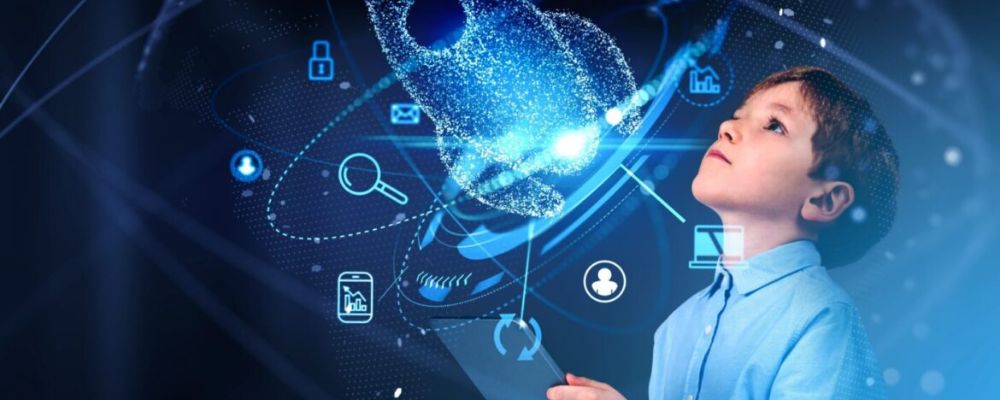
The rise of remote work has transformed how businesses operate, and artificial intelligence (AI) is playing a pivotal role in this evolution. As more companies embrace flexible work environments, AI tools and trends are becoming essential for enhancing productivity, collaboration, and overall work efficiency. In this blog, we’ll explore how AI is reshaping remote work and the key tools and trends driving this change.
The Role of AI in Remote Work
AI is revolutionizing remote work by offering solutions that address common challenges faced by distributed teams. From automating routine tasks to enhancing communication, AI technologies are making remote work more manageable and efficient. Here’s a look at some of the most impactful AI tools and trends in remote work:
AI-Powered Communication Tools
Effective communication is crucial for remote teams. AI-powered communication tools, such as chatbots and virtual assistants, streamline interactions by providing instant responses and automating routine queries. These tools ensure that team members stay connected and have access to the information they need without delays.
- Chatbots: Automate responses to common questions, reducing the need for human intervention and freeing up time for more strategic tasks.
- Virtual Assistants: Schedule meetings, manage calendars, and handle administrative tasks, allowing employees to focus on their core responsibilities.
AI-Driven Project Management
Managing projects remotely can be challenging, but AI-driven project management tools are simplifying this process. These tools use AI to track progress, assign tasks, and provide real-time updates, ensuring that projects stay on schedule and within budget.
- Task Automation: Automatically assign and prioritize tasks based on team availability and project requirements.
- Progress Tracking: Use AI to monitor project milestones and provide insights into potential delays or bottlenecks.
Enhanced Cybersecurity with AI
Remote work increases the risk of cybersecurity threats. AI technologies are crucial in safeguarding sensitive data and protecting against cyberattacks. AI-driven security solutions can detect and respond to threats in real-time, ensuring that remote work environments remain secure.
- Threat Detection: AI algorithms analyze patterns and identify unusual activity, preventing potential breaches.
- Data Protection: Implement AI-based encryption and access controls to secure confidential information.
AI for Remote Team Collaboration
Collaboration tools enhanced with AI capabilities are transforming how remote teams work together. AI-powered platforms facilitate seamless collaboration by offering features such as real-time translation, smart document management, and intelligent meeting scheduling.
- Real-Time Translation: Break down language barriers with AI-driven translation tools, enabling smoother communication among global teams.
- Smart Document Management: Automatically categorize and organize documents, making it easier for team members to find and access relevant information.
AI-Enhanced Employee Wellbeing
Maintaining employee wellbeing is vital for productivity and job satisfaction. AI tools are increasingly used to monitor and improve employee wellbeing in remote work settings. These tools can provide insights into employee stress levels, work habits, and overall health.
- Wellbeing Monitoring: Use AI to analyze work patterns and provide recommendations for better work-life balance.
- Health Insights: AI tools can offer personalized advice on managing stress and maintaining mental health.
Emerging Trends in AI and Remote Work
As AI technology continues to advance, new trends are emerging that will further shape the future of remote work. Here are some trends to watch:
- Integration of AI with Augmented Reality (AR): Combining AI with AR can create immersive remote collaboration experiences, enhancing team interactions and training.
- Personalized AI Assistants: Future AI assistants will become more personalized, adapting to individual work styles and preferences to offer tailored support.
Conclusion
AI is undeniably transforming the landscape of remote work, providing tools and trends that enhance communication, project management, cybersecurity, collaboration, and employee wellbeing. As these technologies continue to evolve, businesses will have even more opportunities to leverage AI for a more productive and efficient remote work environment.
Stay ahead of the curve by embracing AI innovations and integrating them into your remote work strategy. The future of remote work is bright, and AI is leading the way.






